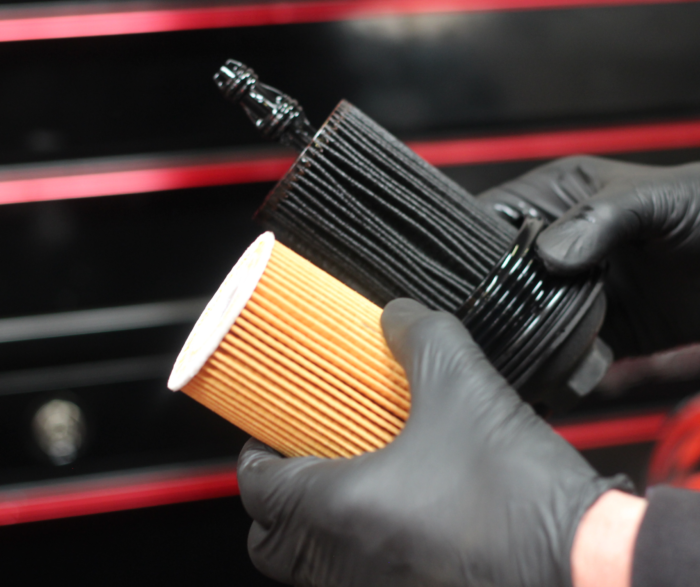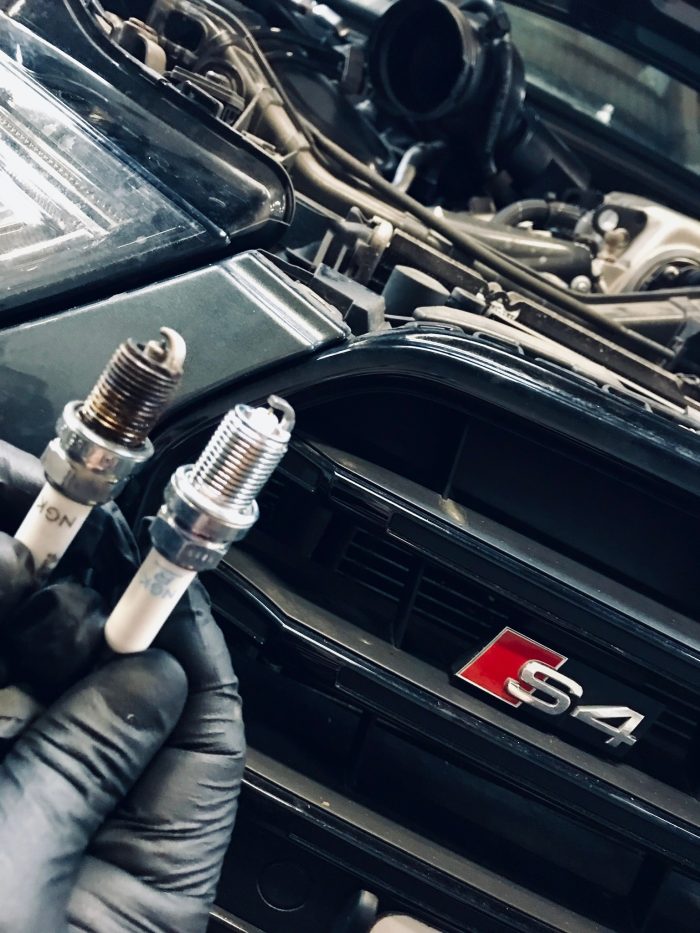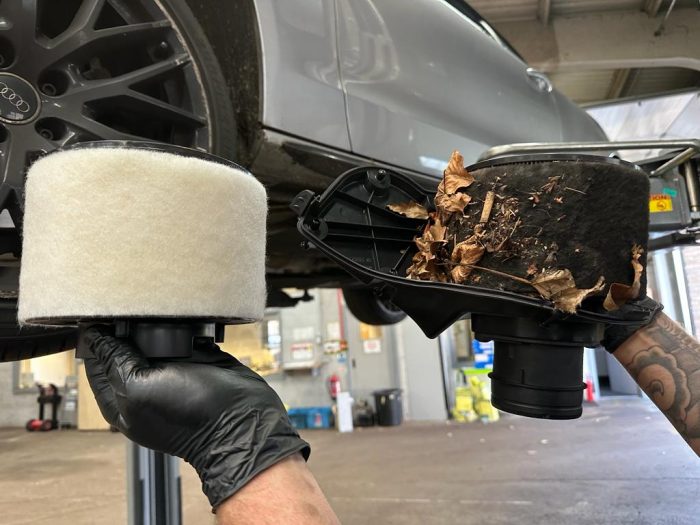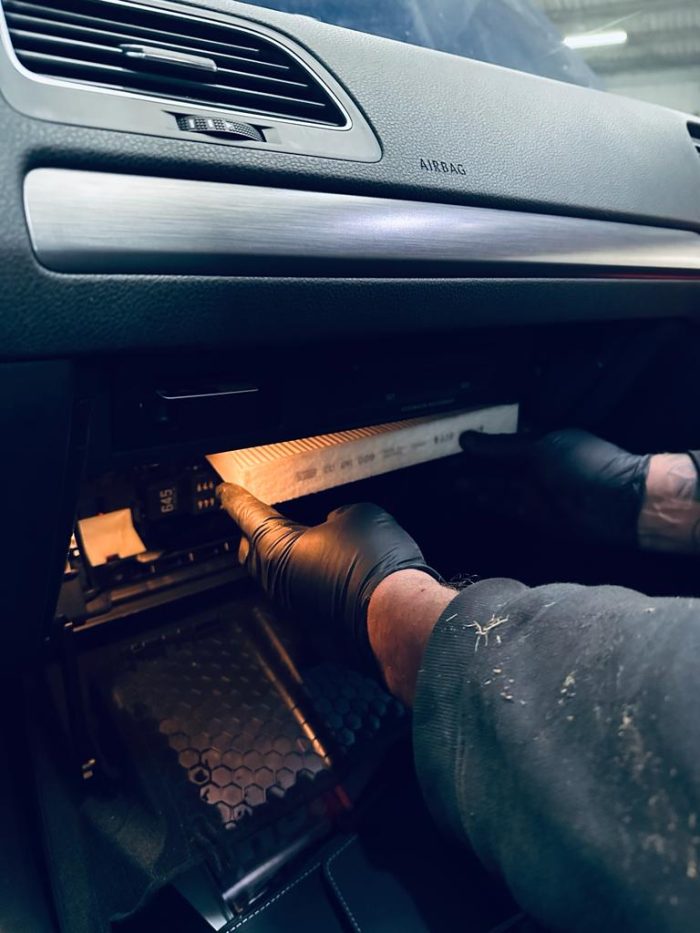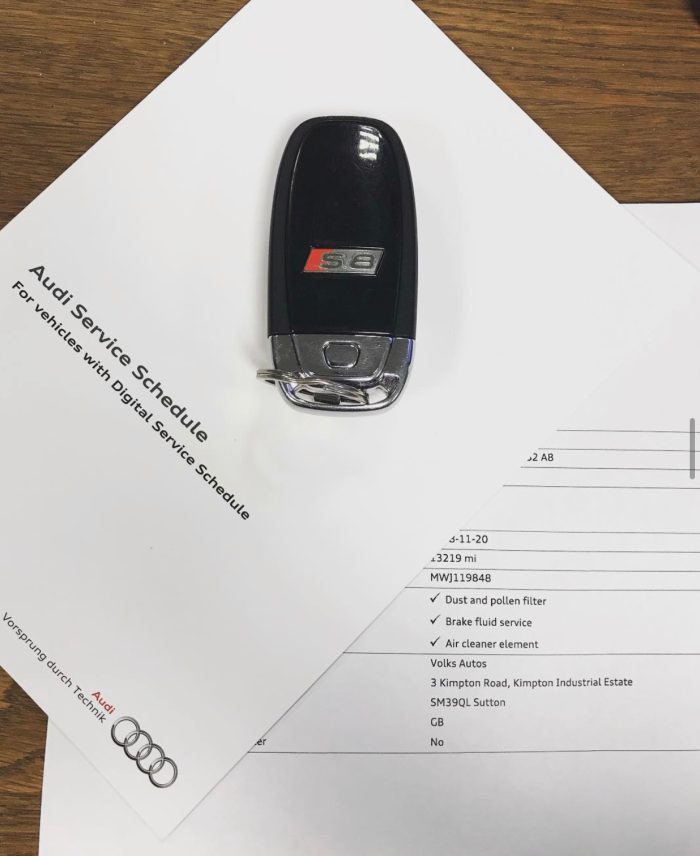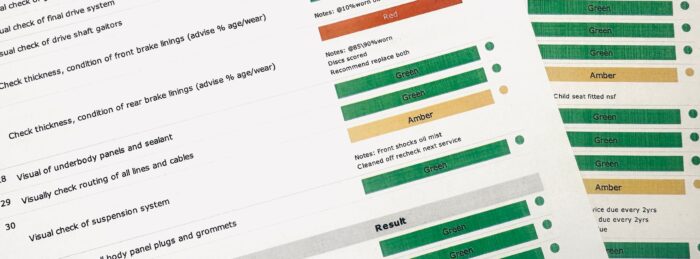Understanding the Role Of An EGR Valve In Your Diesel Engine
EGR stands for Exhaust Gas Recirculation. The main function of the EGR valve is to return part of the exhaust gas expelled from the engine back into the combustion chamber. This, in turn, reduces the harmful nitrous oxide gases released into the atmosphere. The EGR system is critical to most manufacturers’ diesel engines in order for them to meet the strict and ever-changing Euro emissions standards.
Why Does The EGR Fail?
There are two common ways in which an EGR valve can fail. Most EGR valve assemblies have a built in cooler to lower the temperature of the gases before they re-enter the engine. This cooler is prone to a build-up of carbon deposits, eventually this can become enough to block the system. This will likely cause a warning light to come on the instrument cluster, and possibly a loss of engine performance. Another common type of failure is a mechanical or electrical failure of the valve that controls the flow of gases. Unfortunately this type of failure is in most cases due to the high temperature environment in which the valve operates. This would also likely cause a warning light and possible loss of engine performance; at worst it can cause a complete non start.
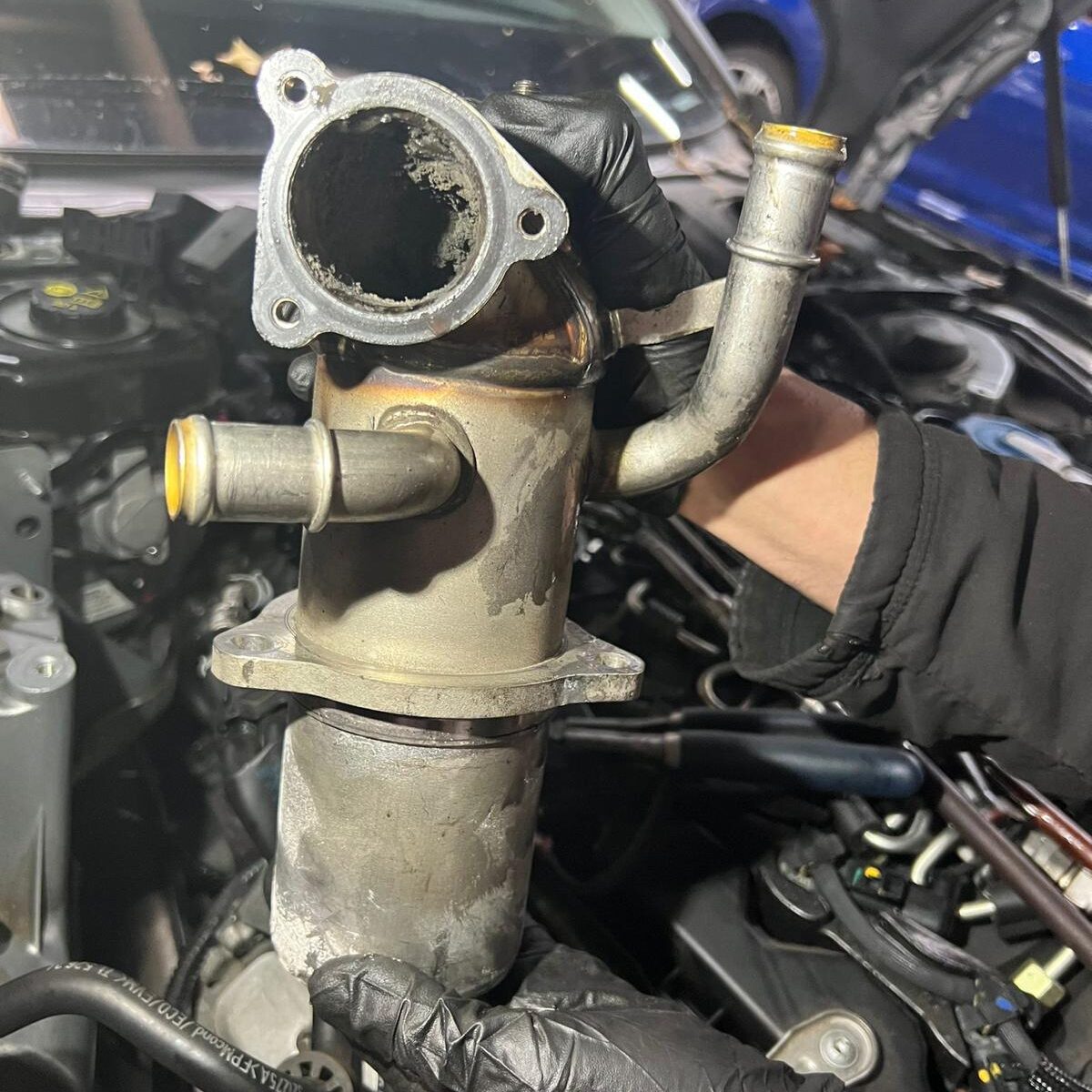
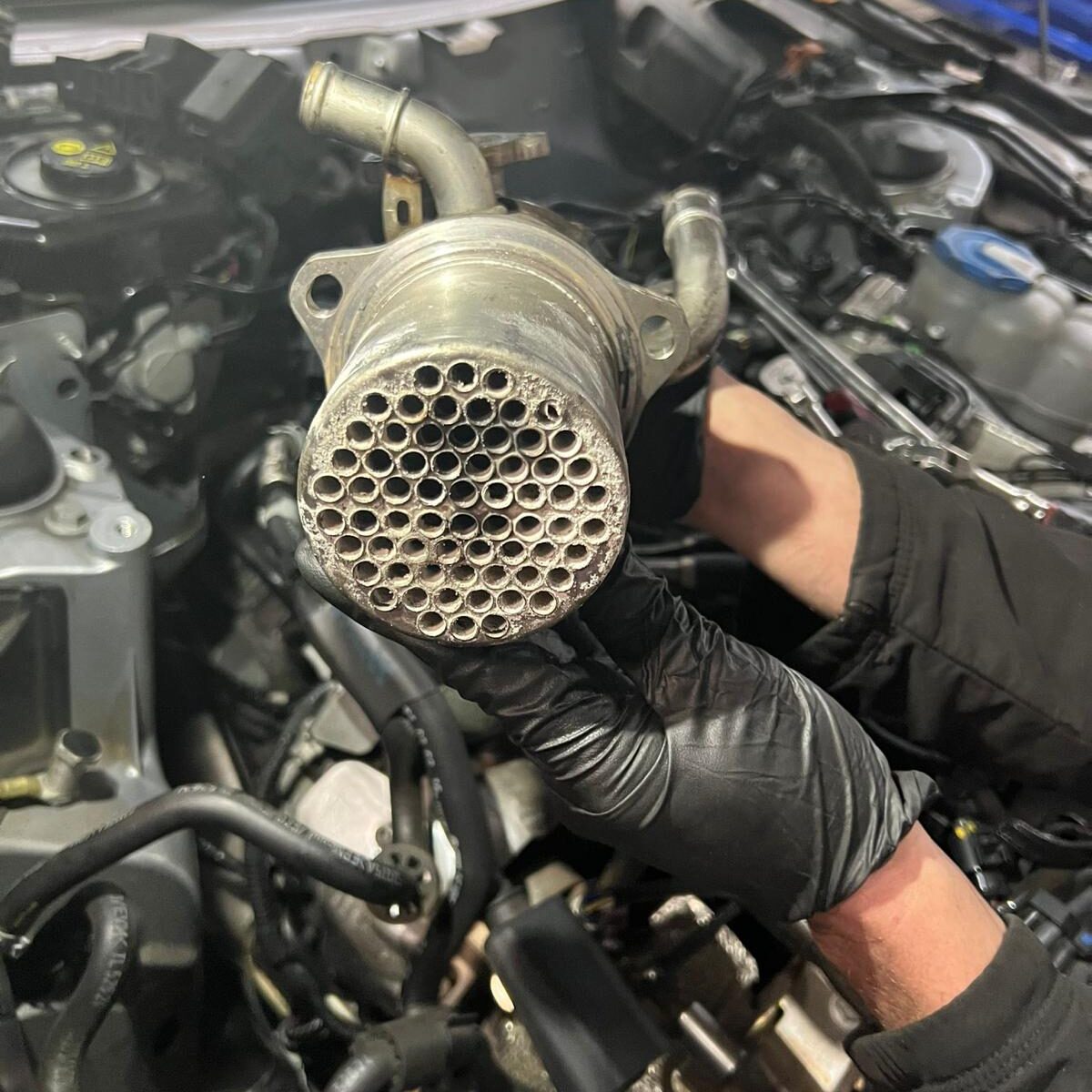
Is There Any Way To Prevent Failure?
Unfortunately there is no way to guarantee that your EGR valve will never need replacing. However, there are a few things that can help prevent some types of failure. Keeping up to date with manufacturer’s service schedule and using correct engine oil will help lower the amount of carbon deposits going through the system. If you find yourself doing lots of short, stop/start trips it would be advisable, once in a while, to go for a longer drive where the engine and exhaust can get up to higher temperatures. Both the above can help prevent the cooler becoming blocked.
If It Fails, Do I Need To Replace The EGR Valve?
If left, a failing EGR valve could lead to premature failure of other expensive components e.g the turbocharger and DPF. Also, in some cases your vehicle could break down and leave you with costly recovery charges. Therefore yes, we would always recommend a failing or failed EGR valve should be replaced.
What Is Involved In A EGR Valve Replacement?
The costs for the replacement of an EGR valve can vary depending on make and model. In some cases, the valve can be removed and replaced within 3 hours; others are much more and can be 10 plus hours. In some cases, special tools will be required. Specialist diagnostic equipment will almost always be needed to carry out the required basic settings after replacement. Here at Volks Autos, our brand trained technicians will also check other parts of the system whilst replacing the valve. This is because we are aware that some pipes, etc, can also get blocked. If found to be faulty, we would also replace these to help prevent repeat failures.
How Do I Find Out If My EGR Valve Needs Replacing?
Usually, you will get a generic engine warning light on your instrument cluster. At Volks Autos, our skilled technicians would check the engine control unit for fault codes. If fault codes relating to the EGR system are logged, we will conduct relevant tests and checks. This might lead to a diagnosis of a failed EGR valve. However, it is worth noting that other parts of the EGR system can fail. Therefore we would always advise to have this type of fault diagnosed correctly to avoid expensive and unnecessary replacement of an EGR valve.
If you have any questions on this subject, please contact our friendly service team.







